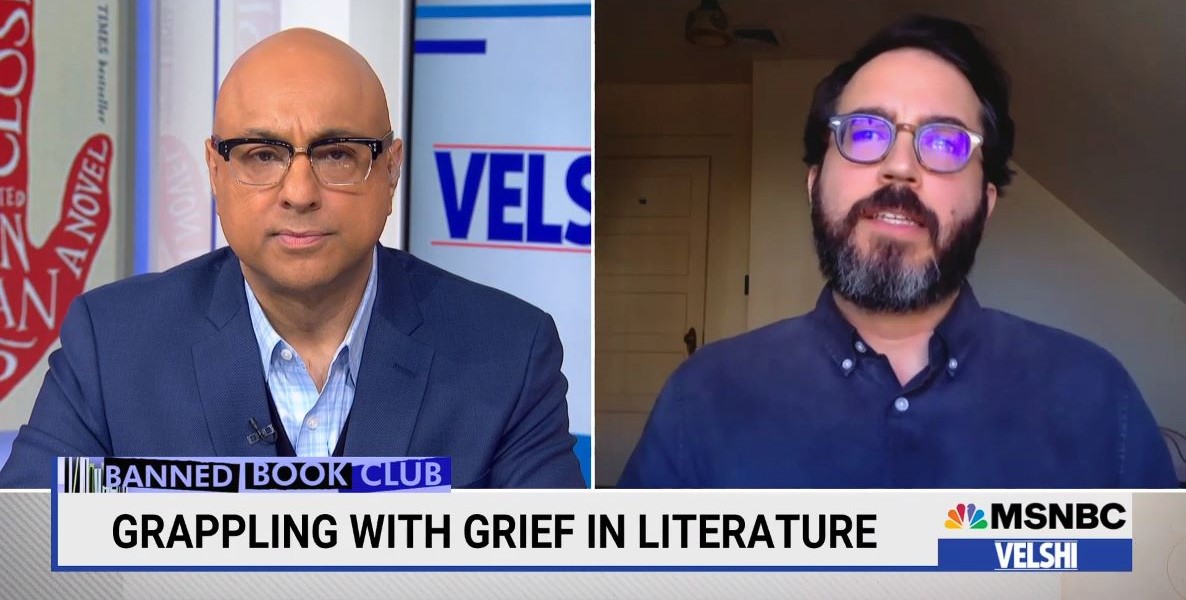Jonathan Safran Foer’s bestselling 2005 novel Extremely Loud & Incredibly Close has been part of the canon of 9/11 literature since its publication. In 2011, an adaptation of the story became a critically acclaimed film. Ali Velshi brings the author to his Banned Book Club to discuss the work, its theme, the conversations we should be having about banning, and how the process of writing can change the writer.
The sole reason for banning Extremely Loud & Incredibly Close? A single, sexual passage that’s tangential at best to book book’s central theme. People who’ve sought to ban the book have referred to it as “lewd,” “offensive” and “extremely vulgar. The author calls this assessment a “ridiculous overstatement for what’s in this book.”
Still, says Safran Foer, “Not all literature is appropriate for all audiences.” When it comes to book banning, “There’s a danger in oversimplifying this conversation. What is necessary is that it be a conversation.” When it comes to activist book banning, the practice “has everything to do with control and nothing to do, generally speaking, with the content of the literature.”
The author views writing as a practice of self-discovery, a way to work out how you feel, what you believe. We don’t need more published authors, he believes. But we do need more writers.
Listen to Ali’s interview with Jonathan Safran Foer:
Watch Velshi and Safran Foer:
Velshi on banned books on MSNBC:
![]() MORE ON BANNED BOOKS FROM THE CITIZEN
MORE ON BANNED BOOKS FROM THE CITIZEN



